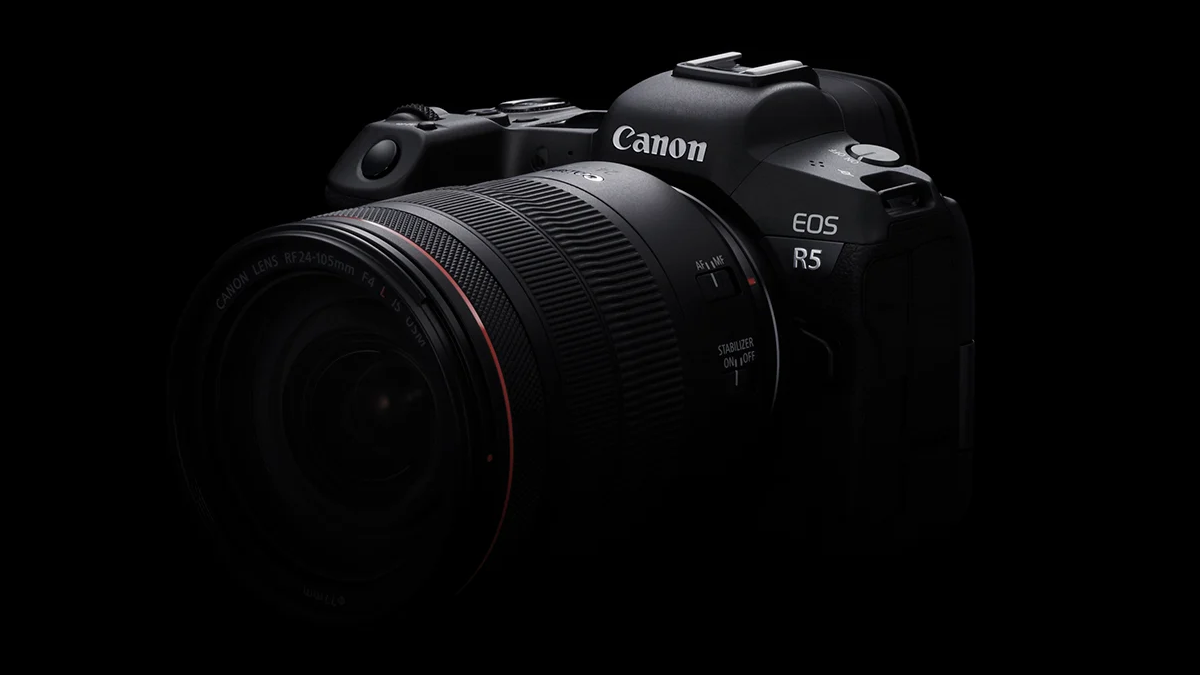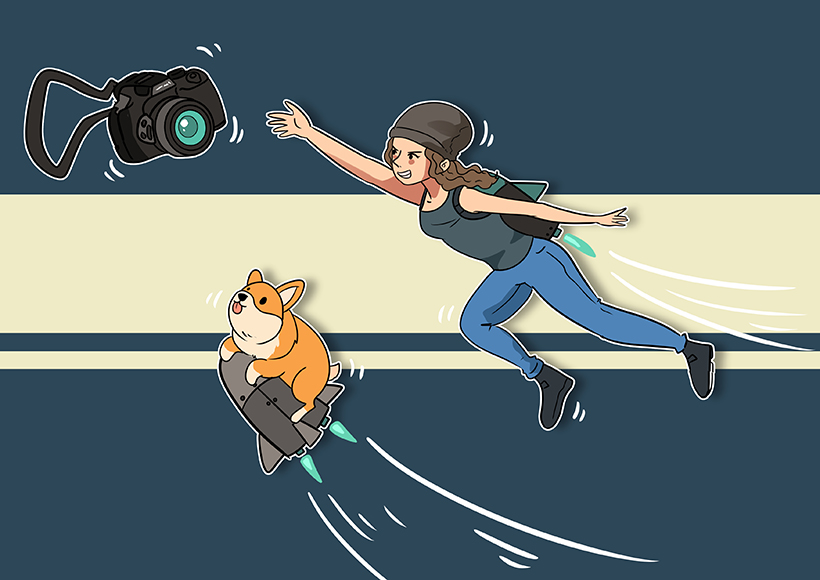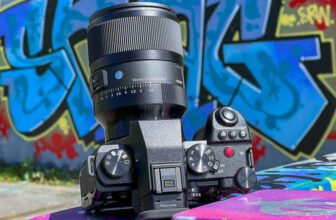
[adinserter block=”1″]
With anticipation increasing about Canon releasing a new version of its EOS R5 camera in the next few months, supposed specs have also leaked.
According to the website Canon Rumors, the Canon EOS R5 Mark II, an update to the extremely popular existing R5 camera, will include the following specs as part of its internal design:
- 45-megapixel BSI CMOS sensor which will feature a stacked architecture
- A 3.2-inch OLED touchscreen that articulates
- An upgraded continuous burst rate of 60fps
- Advanced AI-powered autofocus
- Video recording that includes 8K RAW and 4K at up to 120fps
- No more mechanical shutter
It’s worth noting that none of the above specs are confirmed yet, but they all sound plausible enough given more recent advances in typical semi-pro camera design that Canon itself has also implemented.
Sony and Nikon both include many specs similar to those listed above in some of their newer camera models. Furthermore, things like burst rate, AI-powered AF and improved video recording are becoming more standard among semi-pro and, in some cases, even budget cameras.
The elimination of a mechanical shutter is an interesting thing though. Of all the above-mentioned specs, this is the one that I’d call least likely.
After all, Canon can just as easily include both an electronic shutter for faster performance and a mechanical shutter for its more old-fashioned fans.
Mechanical shutters do of course perform much slower than their electronic versions but the electronic versions can create problems such as a rolling shutter effect, which affects mechanical shutters much less.

Rolling shutter effect with electronic shutters, as described by Canon
Moreover, other Canon cameras such as the current R5 and the EOS R3 offer both without one being a major problem for the other.
The R3, for example, offers both a mechanical shutter with a max speed of 1/8,000 and an electronic shutter that ups this to a rapid-fire 1/64,000. You can use either based on preference. The R5 Mark II could do the same without any trouble.
Canon itself, in this guide to both kinds of shutter, also indicates that it likes aspects of both technologies in its current cameras.
Furthermore, in nearly all current Canon cameras with electronic shutters, using this shutter during RAW shooting reduces the maximum bit depth for color and tone from 14-bit to 12-bit with the electronic shutter. The only exception is the premium R3 camera.
Canon would need to address this detail in a potential R5 Mark II before completely eliminating a mechanical shutter.
Anyhow, that’s all we have for now about the R5 Mark II. That the camera is coming down the pipeline is almost beyond doubt at this point, but we’ll see what feature surprises it reveals when it arrives.
I’m also curious about its eventual price tag. The current EOS R5 retails for $2,999 and comes packed with workhorse specs for both professional and casual users. The R5 Mark II will almost certainly be pricier, but by how much?
Image credits: Canon
Highly Recommended

Check out these 8 essential tools to help you succeed as a professional photographer.
Includes limited-time discounts.
Learn more here
[adinserter block=”1″]
Credit : Source Post





